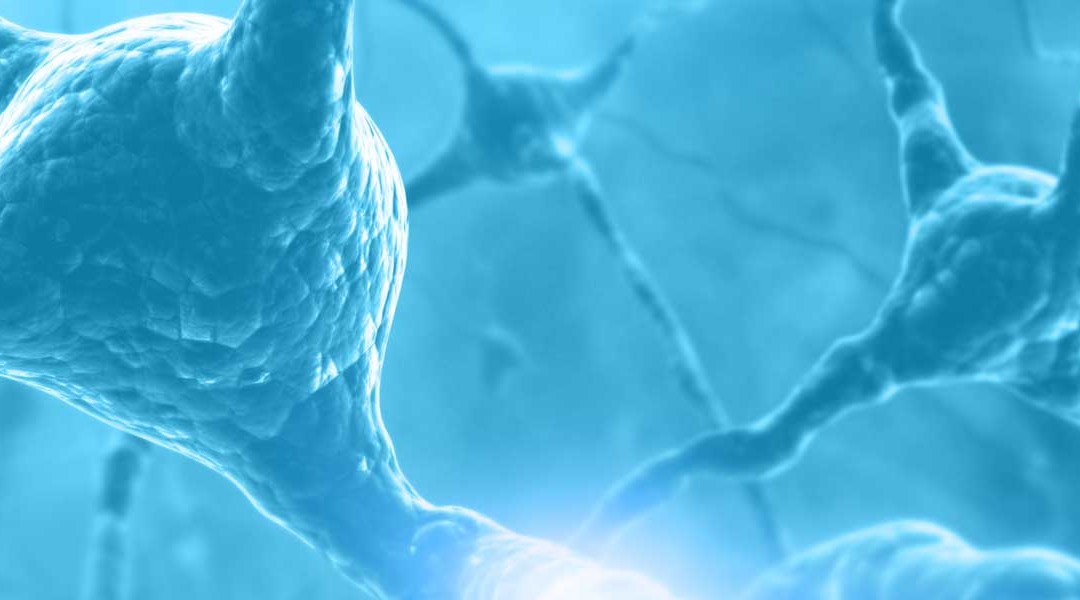
Mindfulness and the Art of Washing Dishes
Have you been depriving yourself of free therapy? If you avoid washing the dishes you have—at least according to a new study from Florida State University and published in the journal Mindfulness. They found that study participants experienced a 27% reduction in nervousness and a 25% increase in feelings of inspiration by washing dishes. There is one important thing to consider: the subjects were instructed to focus on the experience of washing dishes. They focused on the feel of the warm water and the smell of the dish soap. In short, they were mindful and present in the moment and that produced very positive, therapeutic benefits.

Why Can’t I Meditate?
Have you tried to meditate and decided that you just can’t do it? I’ve heard countless hypnosis clients of mine tell me that, while it seems that most people can meditate, their minds are just too busy for them to do it.
What if you went to the gym and observed that many people there seemed to be able to curl 50-pound dumbbells? You decide you want to get stronger so you give it a try and discover that you can’t do it? Is this the time to quit? Or would you simply start with a lighter weight and work up to the 50-pound dumbbell? If you truly wanted to lift the heavier weight it would require you start with the lighter one.

Time To Change Your Brain Filters?
Are you finding that you spend more and more time wishing your life was different? Or that you were happier? Maybe all you need to do is change your filter. We’re all familiar with water filters and air filters, but have you ever tried to change your “brain filter”?
It’s important to understand that our life experience—more than anything else—is the result of what passes through our mental filters. We need filters because there are 400,000,000,000 bits of information coming at us through our physical senses every second that we are awake. There is no way for us to retain all of that information so we filter out most of it. What we keep is the result of our conditioning and our expectations of the world. This is why our concept of what the world is “really” like is almost always corroborated by our experience.
